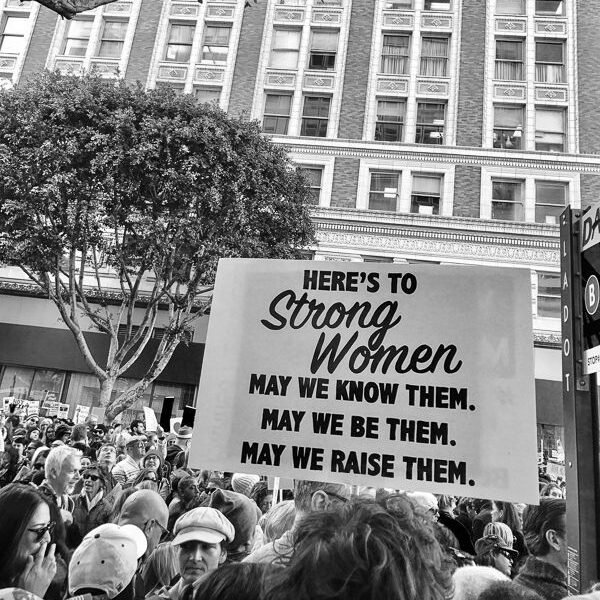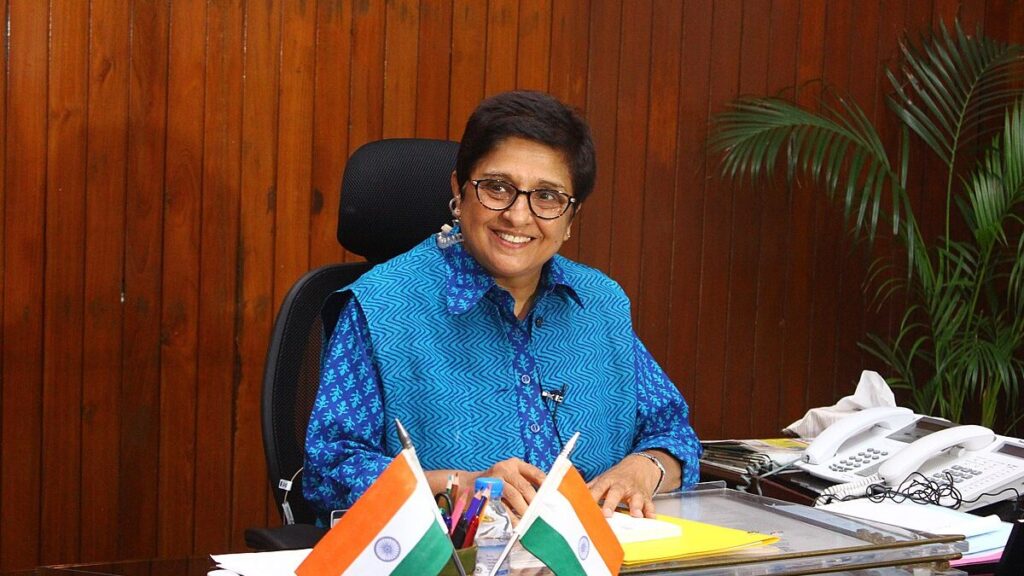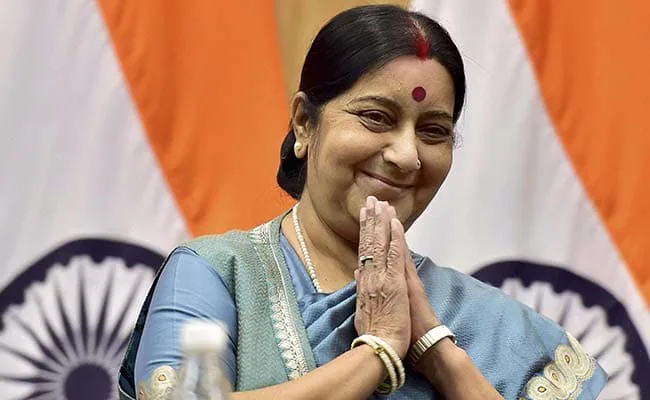“Empowered and Employed” : The Journey of Modern Working Women
In today’s fast moving world of modern leadership, the role of women is increasingly significant, yet often fraught with unique challenges and complexities. Understanding the psychological aspects of women in leadership roles is not just an academic exercise but it is a crucial step towards creating more inclusive, effective, and supportive work environments.
Why Understanding Women in Leadership Matters

The significance of women’s presence in leadership roles extends beyond mere representation. It influences organizational culture, decision-making processes, and overall success. However, women in leadership face a myriad of challenges, including stereotypes, biases, and societal expectations, all of which can have profound psychological implications.
The Challenges Women Face in Leadership

Stereotypes and Biases
Women in leadership often confront deep-rooted stereotypes and biases that can hinder their professional advancement. Common stereotypes portray women as less competent, assertive, or suited for leadership roles compared to their male counterparts. These stereotypes can lead to biased evaluations, limited opportunities for advancement, and a lack of confidence in women’s leadership abilities.
Moreover, women leaders often face the “double bind” dilemma, where they are expected to display both assertiveness and warmth. Straying too far towards one trait can lead to negative evaluations.
Imposter Syndrome
Imposter syndrome is a pervasive challenge that affects many women in leadership roles. Despite their achievements and qualifications, women experiencing imposter syndrome often doubt their abilities and fear being exposed as frauds. This can lead to self-doubt, anxiety, and a reluctance to take on new challenges or opportunities for fear of failure.
Imposter syndrome can be exacerbated by societal stereotypes and the pressure to conform to unrealistic standards of perfection. Women leaders may feel the need to work harder and achieve more to prove their worth, leading to increased stress and burnout.
Work-Life Balance
Balancing leadership responsibilities with personal life is a significant challenge for women leaders. The demanding nature of leadership roles, with long hours, high expectations, and constant availability can make it difficult to prioritize personal well-being and family commitments.
The expectation that women should fulfill traditional caregiving roles at home can further complicate work-life balance. Women leaders may struggle to meet these expectations while also meeting the demands of their professional roles, leading to feelings of guilt and stress.
Supporting Women in Leadership
Creating a supportive environment for women in leadership requires a concerted effort from organizations and individuals alike. Mentorship and sponsorship programs can provide invaluable support and guidance to women leaders. Organizations can also implement policies that promote work-life balance and address gender biases.
Recognize and acknowledge stereotypes: Awareness is the first step towards challenging and overcoming stereotypes. By identifying common stereotypes and biases, women can begin to dismantle them both within themselves and in their environments.
Showcase competence and skills: Instead of internalizing stereotypes, women can defy expectations by confidently showcasing their competence, skills, and expertise in their respective fields. Proving oneself through actions and achievements is a powerful way to combat stereotypes.
Reframe negative self-talk: Challenge negative self-talk and irrational beliefs by reframing them with positive affirmations and evidence of past successes. Recognizing and celebrating achievements can counteract feelings of inadequacy.
Delegate and ask for help: Recognize that it’s okay to delegate tasks and ask for help, both at work and at home. Building a support system and sharing responsibilities can alleviate the pressure of trying to do everything alone.
Practice self-care: Make self-care a priority by engaging in activities that promote relaxation, stress relief, and rejuvenation. Whether it’s exercise, meditation, hobbies, or spending quality time with loved ones, carving out time for self-care is essential for maintaining balance.
Celebrating Indian Women from Various Fields
Media

Barkha Dutt – A prominent journalist and television anchor, known for her fearless reporting and insightful interviews. She has been a trailblazer in the field of journalism in India.
Indian Army

Priya Jhingan – The first woman cadet to join the Indian Army, Priya Jhingan paved the way for other women to serve in the armed forces. She joined the army in 1993 and has since inspired many other women to follow in her footsteps.
Entrepreneurship

Falguni Nayar – Founder and CEO of Nykaa, India’s leading beauty and wellness online marketplace. Falguni Nayar’s entrepreneurial journey has been inspirational, and Nykaa has become a household name in India.
Education

Dr. Kiran Bedi – A retired Indian Police Service officer, Dr. Kiran Bedi is also known for her contributions to education. She has been a pioneer in prison reform and has worked extensively in the field of education for underprivileged children.
Politics

Late Sushma Swaraj – A prominent leader of the Bharatiya Janata Party (BJP) and the Minister of External Affairs of India from 2014 to 2019. She was known for her strong advocacy for Indian citizens abroad and her effective use of social media to connect with people.
Housewives

In a world where various roles are often undervalued, the dedication and contributions of housewives deserve immense recognition and celebration. As the backbone of many households, housewives play a pivotal role in nurturing families, creating nurturing environments. I honor and celebrate the invaluable contributions of housewives, recognizing their immeasurable worth and the profound difference they make in the lives of those around them.
THE FUTURE IS FEMALE
